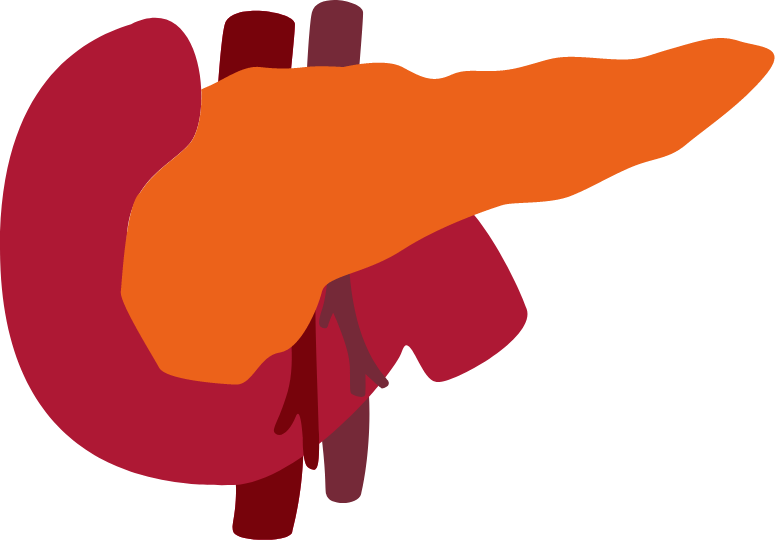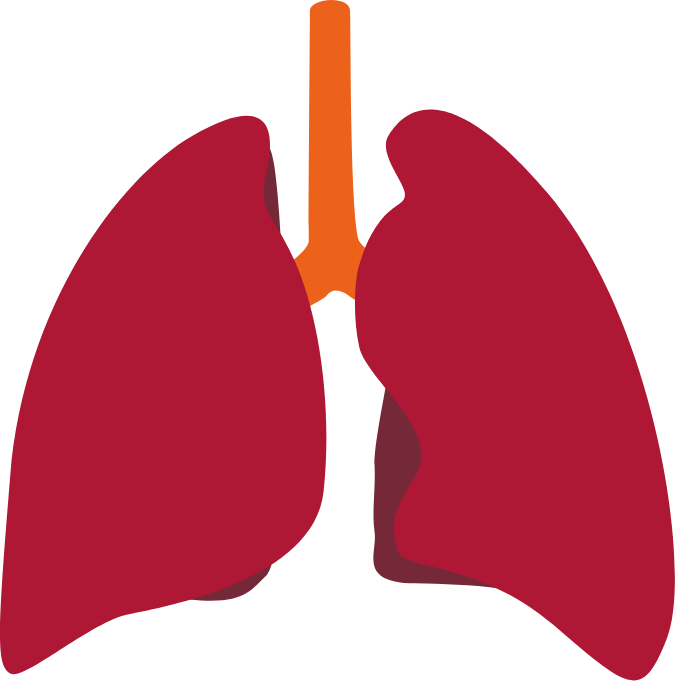Organ transplantation has greatly improved the survival rate and management of pathological conditions resistant to therapeutic interventions in children with terminal organ failure.(3,4)
Kidney transplants increase patient survival compared to dialysis, and organ transplants are essential to treat patients with irreversible liver, heart and lung diseases.(4) However, organ transplantation does not mean the end of treatment.




